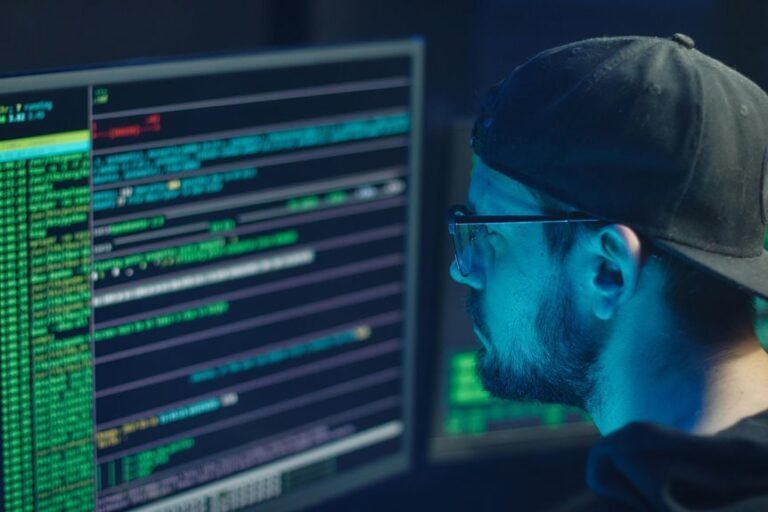
In today’s digital age, hotels face mounting network risks that jeopardize guest privacy and data security. As you navigate these vulnerabilities, it’s crucial to understand how outdated software and unsecured networks can expose sensitive information. What measures can you implement to safeguard your guests while maintaining operational efficiency? The answers lie in adopting best practices and leveraging technology, but the path to a secure environment requires careful consideration.
Understanding the Landscape of Network Risks in Hotels
As you step into a hotel, the seamless connectivity offered by its network might seem reassuring; however, understanding the landscape of network risks is crucial.
Network breaches can compromise guest data, leading to unauthorized access and potential identity theft.
Common Vulnerabilities in Hotel Systems
While understanding network risks is fundamental, recognizing common vulnerabilities in hotel systems is equally important.
Hotels often rely on vulnerable software and insecure networks, making them prime targets for cyberattacks. Outdated systems, poor encryption methods, and lack of staff training contribute to these weaknesses.
Best Practices for Protecting Guest Privacy
To effectively protect guest privacy, hotels must implement a combination of strong data governance policies and technological safeguards.
Obtain guest consent before collecting personal data, utilize data encryption to secure information, and establish clear privacy policies.
Invest in security training for staff, create an incident response plan, and enforce strict access controls to ensure only authorized personnel can access sensitive guest information.
The Role of Technology in Enhancing Security Measures
Technology plays a crucial role in enhancing security measures within hotels, ensuring that guest data remains protected from unauthorized access and breaches.
By implementing biometric authentication, hotels can verify identities with precision, reducing the risk of fraud.
Additionally, robust encryption protocols safeguard sensitive information during transmission, maintaining privacy and trust.
Together, these technologies create a secure environment, allowing guests to enjoy their stay freely.
Conclusion
In the intricate web of hotel operations, safeguarding guest privacy isn’t just a necessity; it’s the bedrock of trust. By weaving robust cybersecurity practices into their fabric, hotels can transform vulnerabilities into strengths. Think of it as fortifying a castle—each encryption layer and staff training session builds a stronger defense against cyber threats. As you navigate this landscape, remember, prioritizing guest security not only protects data but also enhances the overall guest experience, ensuring peace of mind for all.